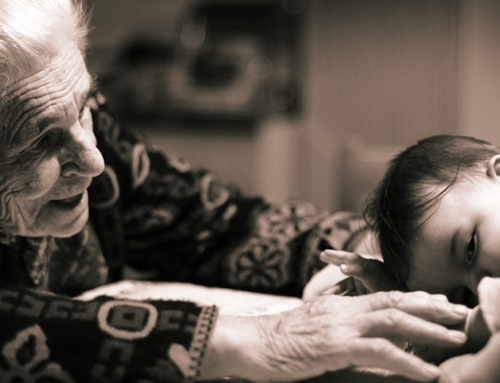By: Hernán Guadalupe
Exploring Latino Identity
When I started college back in the fall of 1998, I had a passion and desire to learn more about my culture. I wanted to know more about my Latino heritage, its splendor, and its history. So, like any other curious student, I began to do an abundant amount of research to fully understand the meaning of being Latino.
If we were to look into any classical dictionary, the word Latino is defined as: A native or inhabitant of Latin America, or a person of Latin-American origin living in the U.S., or a Hispanic person or Latin-American belonging to one of these same countries.
However, these definitions do not give a detailed analysis of the Latino experience and life. So what does it really mean to be a Latino? Who are the influential people, groups, and tribes that have structured this culture? I had no real answers to these questions.
Unveiling The Hidden Hero: Exploring The Multicultural Influences Shaping Latino Identity
In my research, I began to read and learn about ancient civilizations such as the Inca, Taino, Arawak, Carib, Mayan, Aztec, and Muisca. Then I focused on the colonization of the Americas by the Europeans, predominantly the Spaniards and Portuguese who made an impact in Latin America. I also explored the African culture and read about the massive slave trade and its impact on our societies. The more I researched, the longer the definition of Latino became. Little by little, I began to piece together this puzzle of information. I concluded that this word Latino is comprised of various cultural influences, a melting pot of civilizations, Indigenous, European, and African. Once I came to this conclusion, I felt comfortable, satisfied, and proud of the understanding I had obtained about being my identity.
That was as far as I thought it went, but I came to realize that I was highly mistaken. There was an unsung hero that had left a significant impression on the Latino culture. One that, although has been kept hidden away somehow, cannot be denied. This single factor not only encompassed the historical structure of the Spanish who came to colonize what we know today as Latin America, and of the African continent from which many of our ancestors came, but the world as we know it today.
Reconnecting Roots: Embracing Islam and Latino Identity for a Greater Understanding
This was Islam.
I did not come to find out about this major influence until after I embraced Islam and became a Muslim, in the year 2001. Alhamdulillah (All thanks and praises be to Allah), it was at this point in time that I truly began to understand who I was as a Latino, who I was as a Muslim, and the common bond between the two. I had rediscovered my roots.
I later began to encourage others, beginning with my family, to embark on the same journey, to genuinely go back and find out who we are as Latinos and to uncover the hidden facts that lie beneath the surface. These things that are so clear, yet we fail to see.
It is incumbent upon us to know that Islam played a role on the development of our traditions and culture, whether those come from our indigenous, African, or Spanish heritages. This knowledge will fill us with a greater sense of gratitude for our Creator, who has brought us back to light after we had been in darkness, and Who has saved us by guiding us back to Islam. Being Latino is acknowledging a connection with Islam, but embracing Islam is reconnecting with our true purpose: To worship Allah Alone.
Got Questions?
We have Answers. Get in touch now.








